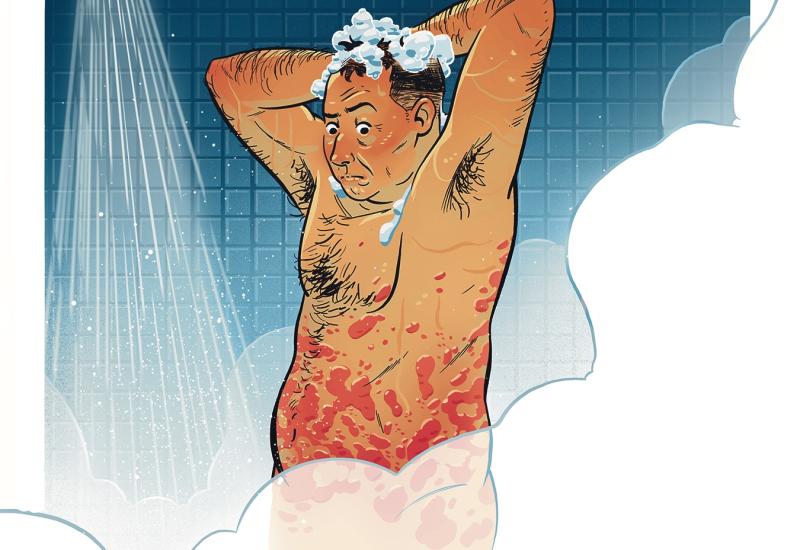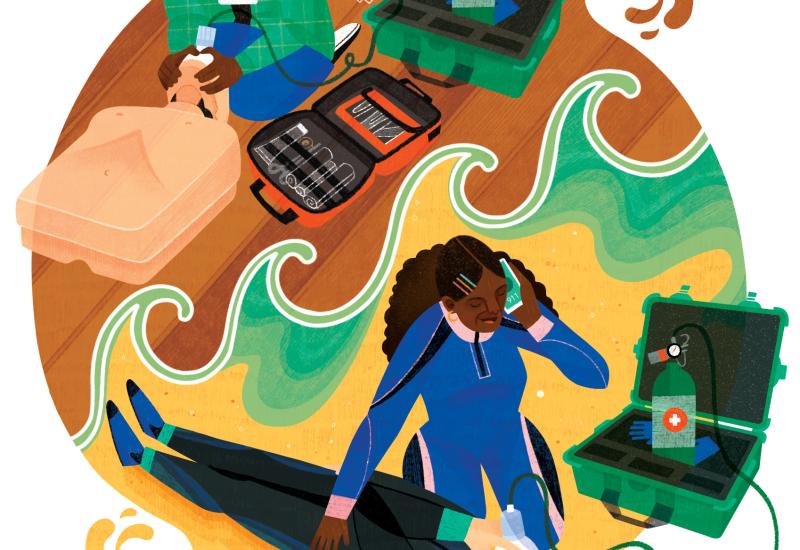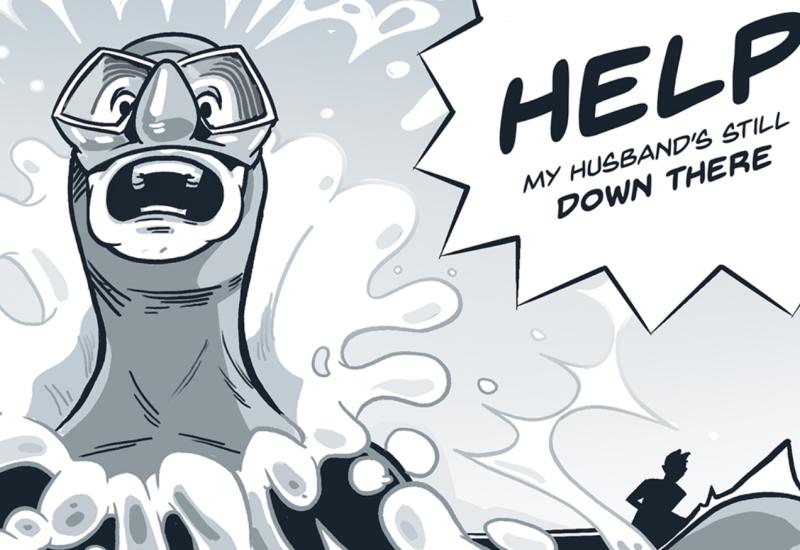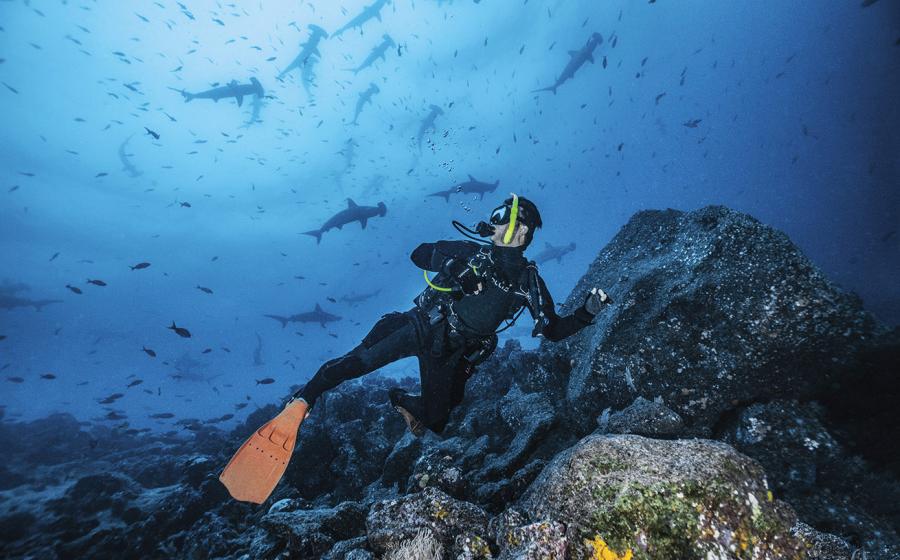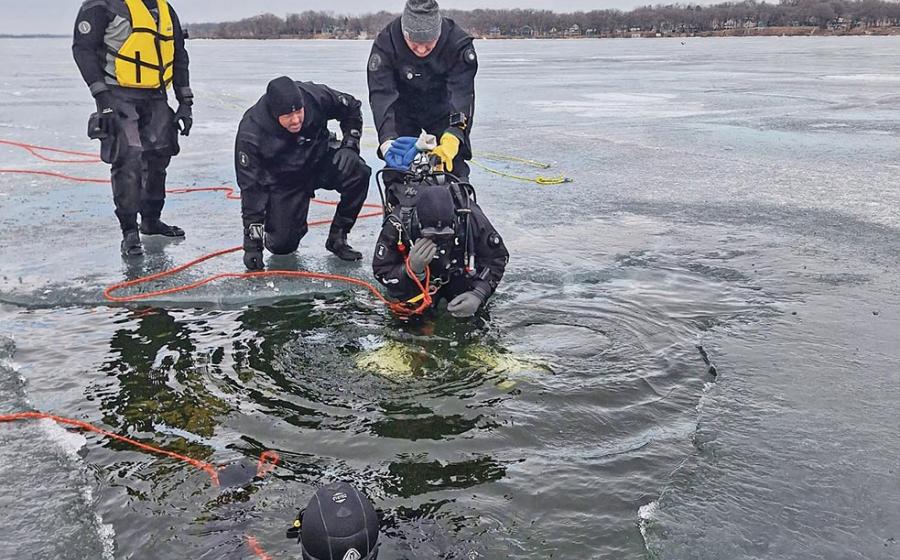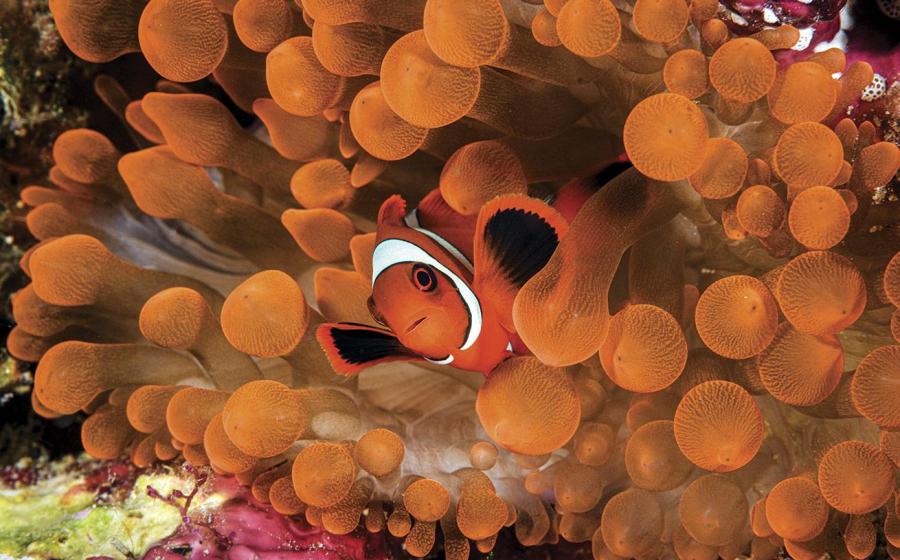What is a PADI Adaptive Support Diver Certification?

PADIWant to be a buddy for a diver with disabilities? This course was designed just for you.
For people with disabilities—whether they use a wheelchair, have a sight impairment or a neurological condition like cerebral palsy—scuba diving can be a fun activity that offers freedom and mobility in the weightlessness of the water. PADI’s Adaptive Support Diver specialty is a course designed to teach friends and family adaptive techniques for diving with a buddy who has a disability.
“All PADI dive courses—from Discover Scuba and Open Water to Divemaster and beyond—have long been accessible for people with different abilities,” says Fraser Bathgate, PADI’s adaptive techniques coordinator, who in the 1990s became the world’s first PADI professional who uses a wheelchair. “I was insistent that we needed a program for those who wished to be a buddy for people with different abilities.”
Benefits
The course covers a variety of scenarios, including diving with people who have reduced mobility because they are paralyzed or amputees, as well as supporting divers who are blind or who have hidden disabilities. “The program focuses on what people can do rather than what they cannot do,” Bathgate explains. An important component of the specialty is educating students about the experience of divers with disabilities, to help them understand what it’s like to dive using adaptive techniques. Many students take the course to support a particular person in their life, and the instructor can work with them on the specific skills they require.
What You'll Learn
The PADI Adaptive Support Diver curriculum includes knowledge reviews and land-based practice, along with two confined-water sessions and two open-water dives. Divers learn skills like how to carry a person to the water, help them enter the water, and assist them with equipment. They also learn in-water skills like making descents and ascents, and guiding a diver at depth.
The specialty can be taken by any Open Water Diver who is at least 15 years old and has completed the EFR Primary and Secondary Care course within the past two years. PADI also recommends the Peak Performance Buoyancy Diver course for improved trim and buoyancy.
Are you ready to step up, help save the ocean, and #LiveUnfiltered at the same time? Sign up for a PADI Open Water Diver course now.
Related


